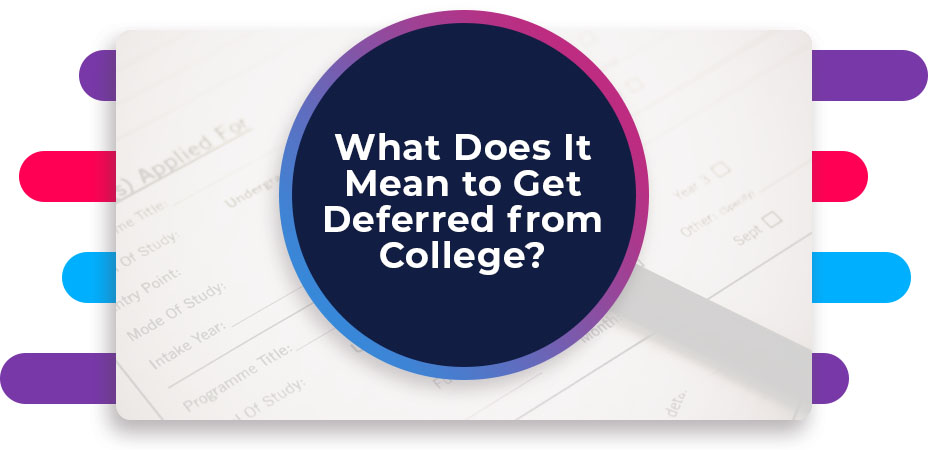It’s finally official. After spending the last few semesters wondering, “Should I go to grad school?” you’ve decided to go for it. Congrats! But, um — what now?
For many grad school-hopefuls, the next step is figuring out when to apply for grad school. Since the competition for graduate school programs can be pretty fierce, you’ll want to do everything you can to increase your chances of acceptance — starting with getting the timing of your application right.
How much time should you give yourself to complete the grad school application process? And is it better to apply to grad school right after your undergrad or to wait a few years? Here is a sample timeline of the graduate school application process, plus a few additional considerations on when to apply for grad school.
Related: What Is a Graduate Degree?
When to Apply for Grad School: A Basic Timeline
So, when should you apply for grad school? A general rule of thumb is to get the ball rolling on your grad school application at least one year before the application deadline. This should give you time to knock out the following tasks:
- Research Grad Schools

Target: 1 year in advance
One of the first things you’ll need to do is research potential grad schools. Start by coming up with three to eight grad schools that are aligned with your research interests. Be sure to consider factors such as funding, location, prestige, courses, and advisors. You can also ask your current professors (or former professors if you’ve already graduated) for program recommendations.
- Apply for College Scholarships and Fellowships
Target: 1 year in advance
Another task you’ll want to budget time for is applying for college scholarships and/or fellowships. Both scholarships and fellowships are funds that can help you pay for a postgraduate education without taking on student loans. To maximize your chances of winning, be sure to apply for funds early! Applying early will ensure access to a full financial aid pot.
- Take the GRE Test
Target: 8 to 9 months in advance
The Graduate Record Examination, or GRE, is a standardized test that many graduate school programs require. Similar to the ACT or SAT, the GRE is meant to assess your readiness for the college program you’re applying for. A high GRE score can positively influence admissions decisions, so prepping for the exam is important. Ideally, you should take the exam a few months ahead of your school’s application deadline. This will give you enough time to retake the test if your score isn’t as high as you’d hoped.
- Write a Personal Statement

Target: 4 to 5 months in advance
Putting together a strong and memorable grad school application takes a considerable amount of time and effort. One component in particular that you don’t want to overlook is your personal statement. Also known as a statement of purpose, a personal statement is a one to two-page document that gives admissions officers more insight about you as an applicant. A well-written personal statement is your opportunity to show admissions officers what you’re all about. So, take your time and proofread, proofread, proofread.
Related: What Do Colleges Look for?
- Ask for Letters of Recommendation
Target: 2 to 3 months in advance
Most graduate school programs require at least three letters of recommendation. So, if you don’t have strong relationships with your professors, start working on them ASAP. Remember to give your professors ample time to write convincing letters of recommendation — at least two months in advance of the application deadline.
When Should You Start Grad School?
Once you know what the grad school application process looks like, it’s time to figure out the best time to start grad school. Some students decide to start grad school immediately after their undergraduate program, while others decide to wait a few years before they apply.
Honestly, the best time to apply for grad school mostly depends on your career goals and the strength of your application. If you have lots of experience in your field and know exactly what you want to do with your graduate degree, it may be a good idea to apply to see if you can get into grad school.
On the other hand, you may want to wait a few years and gain more experience through internships and fellowships before you apply. Holding off on grad school can also give you more time to prep for the GRE and explore different career paths.
Prepping for Grad School
Graduate school isn’t easy, and neither is the application process. Be sure to give yourself plenty of time to study for the GRE test, gain relevant experience, and build relationships with your professors. With hard work and motivation, you can increase your chances of getting into your dream grad school program.
Image Credits
- Source: Wangkun Jia/Shutterstock
- Source: Sunshine Seeds/Shutterstock
- Source: Monkey Business Images/Shutterstock







